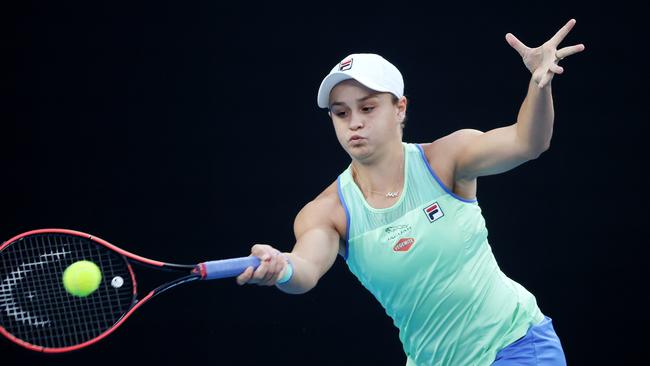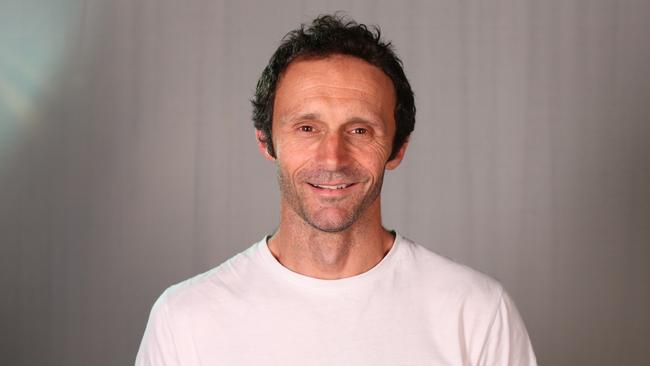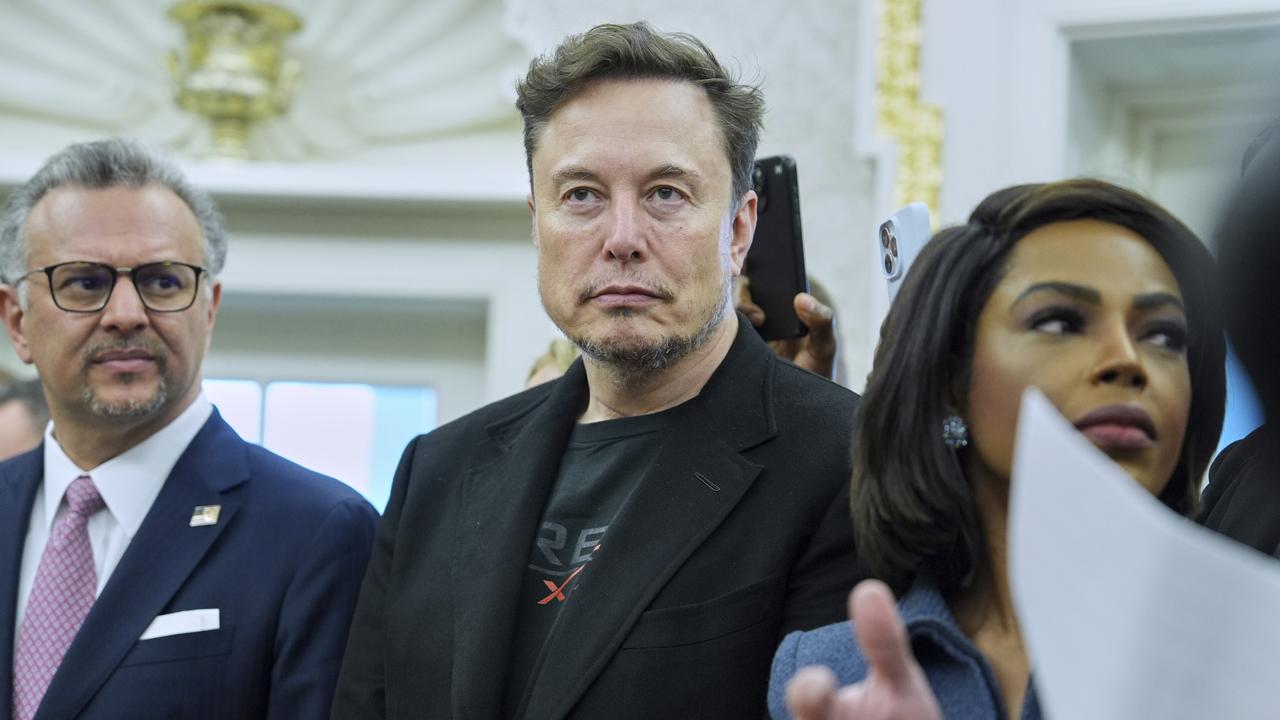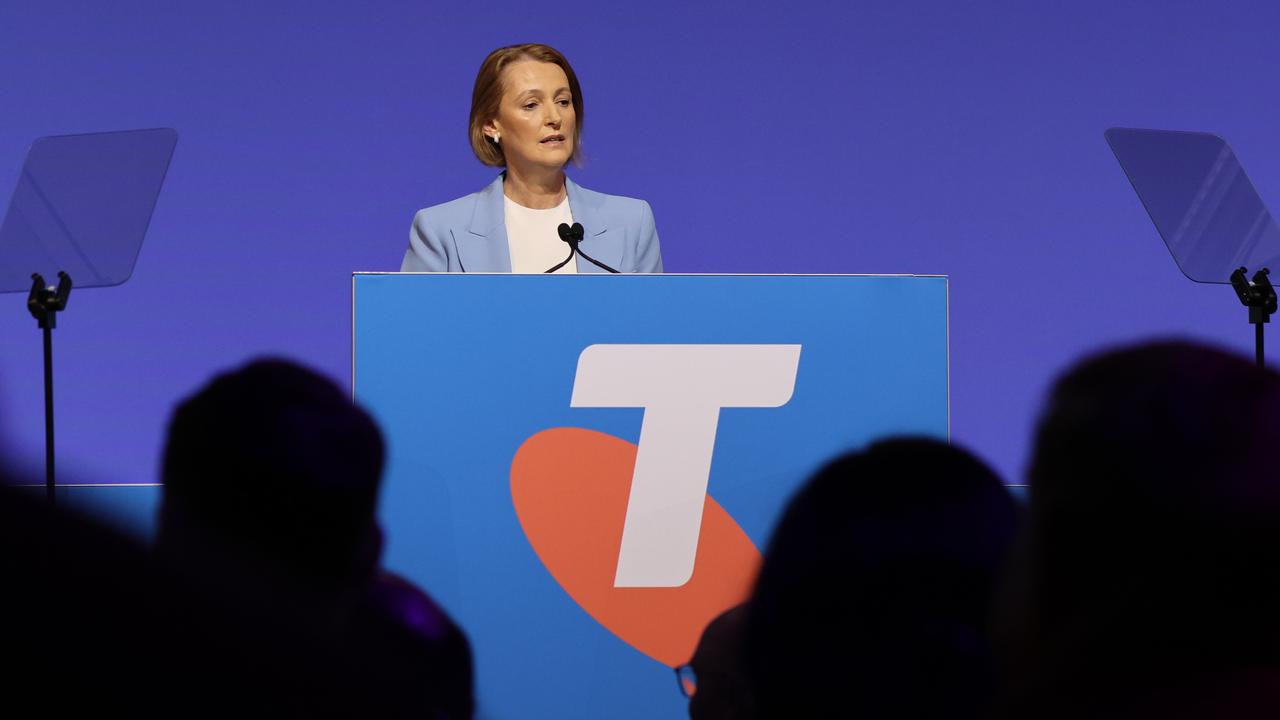Tennis Australia courts start-up players
Tennis Australia aims to emerge with investments in several technology start-ups from its own accelerator program.

Tennis Australia aims to emerge with investments in several technology start-ups from its own accelerator program, for which it is receiving pitches this week from early-stage firms in Australia and around the world.
In a first for an Australian sports governing body, tennis officials will join with executives from US firm TechStars and representatives from Victoria University and the Victorian government to receive pitches from 20 firms on Tuesday and Wednesday.
Tennis Australia will then select 10 by the end or just after the current Australian Open to spend 12 weeks at its Melbourne Park headquarters beginning in April in the TechStars SportsTech Melbourne Accelerator.
“We see this as an opportunity to get in at an early stage, get a presence in the accelerator space so that when it comes time hopefully for us to [invest], we’ve got ready made deal flow,” Tennis Australia head of innovation Machar Reid said.
“It allows us to scan the market place and to understand it, and then allows us to accelerate our technology adoption.”
The 20 hopefuls will have five minutes to make a virtual pitch, with timeslots depending on where they are situated around the world, and then will be questioned for another 10 minutes by the decision-makers, which will also include independent venture fund executives.
Dr Reid said the start-ups would be asked about collaboration within their team, their product idea, what traction they had in the market, the distribution of their product and the technology in terms of how defensible and replicable it is.
He hopes to identify several investment opportunities or technology it can use for player development and analysis or event and stadium management during the Australian Open and other tournaments.

“It will allow us to make better decisions, more quickly, embed the tech, innovate more quickly, stay ahead of the curve and then ultimately benefit from being on the investment side as well as the client side,” Dr Reid said.
“This can be in media, event, entertainment and technology. With the final 20 we’ve got a good spread of player technologies, participation or club technologies that you might use in the community, right the way through to stadium technology.”
Dr Reid said there had been about 1700 funding deals done in the sports technology sector around the world in the past three years for 1200 companies.
“Only 2 per cent have been done in Australia, so we need the capacity to scan the global market place,” he said.
He has also met with other sports and clubs around the world looking to establish a presence in the same space. Executives from soccer club Barcelona, which this year will launch a €100m ($162m) start-up investment fund, have travelled to Melbourne for talks this week.
Tennis Australia will repurpose a floor of its headquarters to host the 10 accelerator participants until late June.







To join the conversation, please log in. Don't have an account? Register
Join the conversation, you are commenting as Logout